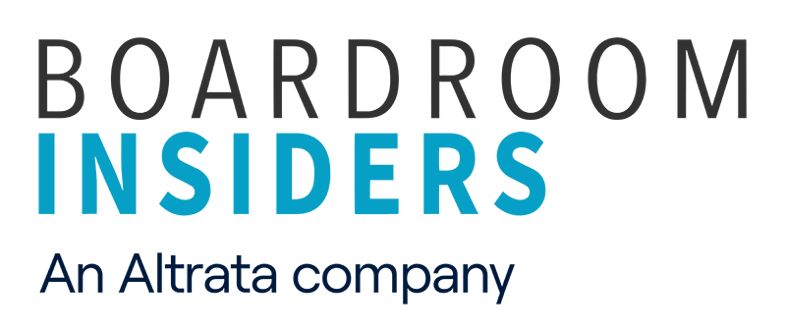In sales there is constant pressure to land newer, bigger customers. While acquiring net new customers is important, you may be leaving money on the table by neglecting to grow sales with the customers you already have.
Many companies put a lot of emphasis on strengthening relationships with current customers and are formalizing these efforts with key account marketing programs, customer events and executive sponsorship initiatives. They figure that so-called “customer intimacy” will help them get ahead of RFPs--and the competition--and uncover new deal opportunities that they otherwise might never have known about.
Here are a few reasons why focusing on current customers is one of the easiest--and most cost-effective--ways to multiply your sales--and how to do it.
1. New Customer Acquisition Costs More
It takes far more time, energy, and money to gain a new customer than to sell more to an existing customer.
How much more?
That depends on your industry and the cost of your products, of course. A $10,000 sale is going to cost you far less to acquire than a $10 million sale.
But consider all the things you have to do to get a new customer. These might include:
- Investing in a trade show
- Traveling to see a prospect--multiple times
- An entire team spending many hours doing customer discovery, then scoping out a project and putting together a proposal
- Customer onboarding activities, including working through contractual, legal and procurement details
- Teams of people working on kick off, implementation and training
Most existing customers will not require this level of servicing. New sales to existing customers typically proceed much faster than the initial deal.
When all this is considered, existing customers should also be more profitable than new customers. And your new customers should become more profitable over time as you successfully service and continue to upsell them.
2. They’ve Already Purchased from You
You’ve already sold something to an existing customer, so you know that your customer already trusts you, likes you and, more importantly, is willing to buy from you. It shouldn’t take too much additional effort to get a customer--particularly a happy customer--to buy again.
But you have to approach your customer the right way. Approach it from the standpoint of adding value, not just selling them something else. Don’t call him up and say “Hey, Joe, I have this fantastic new service and just because you’re you, I’m going to give it to you at a 20 percent discount.”
No. Instead, you need to know Joe’s business inside and out. You need to know what’s going on in his industry (in fact, you should know what’s going to happen in his industry). You need to know Joe’s particular challenges, goals and even worries. In fact, you need to know Joe well. Only then will you be in a position to know what he needs--and connect the dots to what you are selling in a credible way. Keep in touch with Joe regularly so you can anticipate his needs before he even knows he needs your help. Then approach him by showing value; share some relevant information or show him how you could solve a business problem he is facing.
How to Sell to Current Customers
Stay abreast of your clients’ industries and challenges. Have an assistant, if you don’t have the time, look for relevant and valuable content (such as articles and blog posts) that can be shared with your customers regularly. Over time they will see that you always provide value, which helps you build status as a trusted, credible advisor.
You’ll also need to keep track of executive changes within your customer companies, as well as your main contacts. Set up Google alerts for your customers, regularly check their websites, and--this is really important--read their quarterly conference call transcripts if they are public companies. Often on these calls, management will announce a new initiative in which your company could be a player. Taking 10 minutes to read one of these transcripts could give you entre into a deal that you otherwise might not ever have known about. Imagine being able to contact your customer to say, “I saw that your CEO just said that your company is prioritizing X. I think we could help you with this--do you want to chat?” Your contact will be impressed with your up-to-the-minute knowledge of his company and should be eager to hear about anything that could help him drive a major company priority.
Timing IS Everything
We’ve said it before and we’ll say it again: To be seen as a credible and trusted advisor, every touch you have with a customer should provide added value. Tracking and understanding your customer’s initiatives and pain points in near-real-time (using the methods described above) can help you deliver relevant ideas and solutions before the competition, thus giving you an edge.
Finally, if you’re a sales manager or owner looking to grow sales, understand that the depth of customer and industry knowledge and ongoing research described above can be hard for individual salespeople to do on their own. If your company doesn’t already have it, suggest that your firm have a specific sales group dedicated just to looking for additional opportunities within your current customer base.
We can help you keep up with your customers’ challenges and goals. Take a look at some of our sample profiles and imagine how they could help you uncover new deal opportunities, identify sales triggers, and have more relevant business conversations with your customers.







Share Your Thoughts